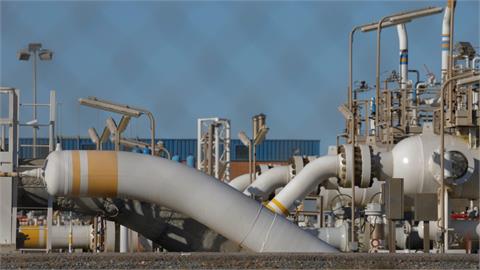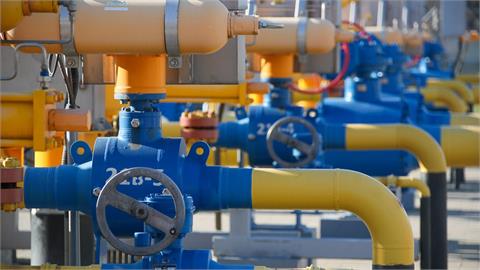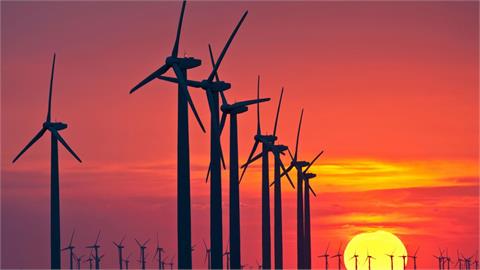Europe’s three leading economies are taking three radically different approaches to nuclear power, reflecting contrasting national public priorities in the transition from fossil fuels, according to an analysis published by the Institute for Energy Economics and Financial Analysis (IEEFA) on Wednesday.
The analysis entitled, IEEFA Europe: France, Germany and the U.K., are not on the same nuclear power page. The analysis argues that France, Germany and the U.K. are in a policy muddle as one of the biggest EU economies, France, hits pause on reactor buildout, while Germany moves towards shutdown, and the U.K. plans expansion.
"France, Germany and the U.K. are all global top-20 generators of nuclear power by market share," the analysis underlines, adding that France is number one worldwide with nuclear reactors supplying 71 percent of generation last year, while the U.K. and Germany ranked 14th and 19th, at 21 percent and 12 percent, respectively.
But the three have significantly different goals for the technology going forward, despite some consensus over critical considerations of cost and carbon emissions, the IEEFA says.
- France: no firm plans to add to aging nuclear fleet
The IEEFA notes that France has no firm plans to add to an aging nuclear fleet beyond the construction of a reactor at Flamanville in Normandy, but it is planning to extend the life of some nuclear power plants to help it meet goals to reduce carbon emissions, while retiring others.
"My priority in France, Europe and internationally is CO2 emissions and global warming. We’ll have to shut some nuclear plants. Maybe we’ll have to modernize others,” France's President Emmanuel Macron was quoted as saying in the analysis.
- Germany - under pressure to retire nuclear fleet
Germany is retiring its entire nuclear fleet by 2022, including power plants previously slated for closure in the 2030s, in response to the 2011 Fukushima nuclear disaster in Japan and domestic public opposition to nuclear power, the analysis said. "Premature retirements may create difficulties for the country’s carbon-emissions targets if it plugs any short-term supply gap with its dirtiest, most carbon-emitting lignite power plants," the institute noted.
- The U.K. contracts to buy electricity from new power plant
The IEEFA says the U.K. is also planning a 19-gigawatt (GW) nuclear new-build program that would be unprecedented in the western world.
The IEEFA argues that despite nuclear being one of the most expensive sources of new generation, the U.K. government has contracted to buy electricity from the new Hinkley Point C power plant at a rate of £92.50 per megawatt-hour, based on 2012 prices, for 35 years. Long-term nuclear waste disposal liabilities will add to this cost, the IEEFA expects. Underlining that nuclear power is very low carbon-emitting, the institute forecasts that low-carbon emissions and high new-build costs could support a strategy to extend the life of existing nuclear power plants as long as possible in the U.K.
(Anadolu Agency)



